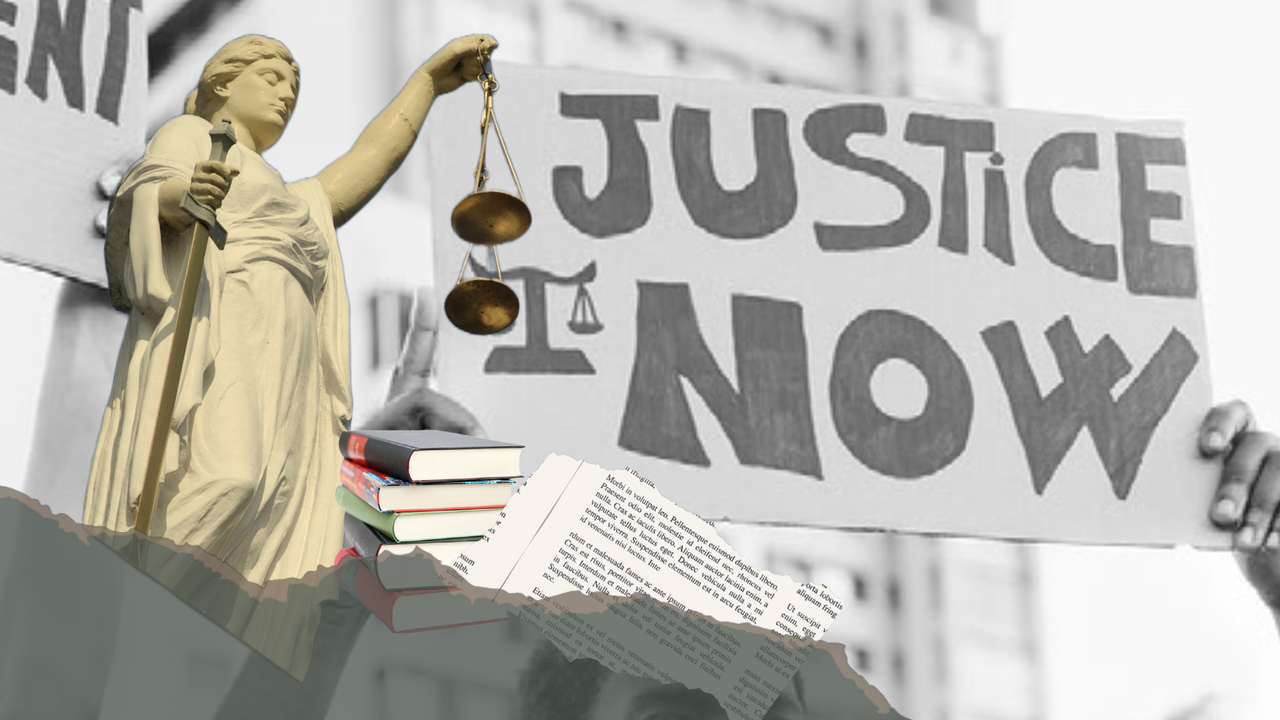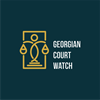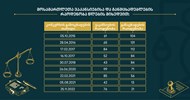Georgia's judiciary in the report of the US State Department

On March 20, 2023, the United States State Department published the 2022 report on the human rights situation in Georgia. Among other things, the report covers issues related to the court system, therefore, in this article we will review this part. First of all, it should be noted that it mainly includes the assessments of the Public Defender and various local non-governmental organizations (including the Georgian Court Watch) based on studies, statements and other analytical materials.
The report talks about the ineffectiveness of the 4 waves of court reform and individual legislative changes. Analyzing the legislative changes and reforms since 2013, it is clear that it has not been effective in terms of establishing an independent judiciary due to the lack of political will. And the positive legislative changes either remained unimplemented or were only partially implemented.
In addition, the Public Defender and non-governmental organizations emphasized the influential group of judges, which mainly consists of members of the Council of Justice and court chairmen. Here we are talking about their suppression of critical opinion in the court and hindering the strengthening of the court's independence.
The report mentions Mikheil Chinchaladze's influence as an influential group of judges on the appointment of one of the main figures of the so-called "clan" in the position of the chairman of the Tbilisi Court of Appeal.
It is said in the report of the US State Department about the signs of interference with the independence and impartiality of the judiciary and that judges were vulnerable to political pressure from both within and outside the system; especially in cases, that involve politically sensitive issues or individuals.
The main obstacle to the independence of the court is the role of the members of the Supreme Council of Justice and the chairpersons of the court. This leads to the concentration of power in the hands of a narrow group and informal influences.
It is significant that the word "clan" is repeatedly mentioned in relation to the influential group in the court system in which non-governmental organizations mean influential, closely connected and non-reformist judges.
- Strategy and action plan of the judiciary
In October last year, Strategy and action plan of the judicial reform, also, the initiated amendments to the organic law do not comply with the EU conditions for obtaining the candidate status.
- Supreme Council of Justice
The issues that the US State Department's report on Supreme Council of Justice will touch on are:
1. the influence of the council on the independence of the individual judge;
2. the possibility of manipulating the distribution of cases;
3. non-transparency of the Council's activities;
4. Defects in the appointment of judges and chairmen.
- Amendments to the Organic Law "On General Courts"
The report describes the conclusion of the Venice Commission on June 20, 2022 regarding the December 2021 amendments to the Organic Law of Georgia "On General Courts", which was adopted by the Parliament of Georgia in an accelerated manner. In particular, the negative evaluations of the Venice Commission have been given, which may have a "Stinging effect" on the independence of judges and freedom of expression.
1. Increased authority of the Supreme Council of Justice regarding the transfer of judges without their consent;
2. Vague bases of disciplinary responsibility of judges.
3. Withholding of a judge's salary during disciplinary proceedings, before making a decision on disciplinary misconduct.
- Leverage in the hands of an influential group
The report indicates that the influential group of judges, the so-called in the hands of the clan a number of levers have been assembled, which puts the independence of individual judges at risk. In particular:
1. The selection and appointment of judges;
2. The system of disciplinary responsibility of judges;
3. The promotion of judges;
4. The possibility of manipulating the system of random distribution of cases;
5. Transfer/Secondment of a judge to another court;
6. Absence of the authority of the courts to choose the chairman of the court themselves;
7. Ability to give instructions and put pressure on judges during decision-making on cases.
The report also mentions those former judges who spoke publicly about the pressure on them from the members of the influential group while exercising judicial powers. [Author: Georgian Court Watch last year published two interviews with former judges - Ana Ghelekva and Natia Kutateladze, who talked about the problems during their term of judgeships].
In addition to the above, the US State Department drew attention to the problematic nature of the court proceedings, which includes the following issues:
1. publicity of proceedings;
2. influence of the state on court cases;
3. Delay of processes;
4. insufficient number of judges;
5. Defendant's right to defense
6. Defects in the Code of Administrative Offenses;
7. The problematic nature of the Plea Agreement.
The department's report notes that the courts do not have a uniform approach to closing trials and indicates that this undermines the right to a fair trial, particularly in politically sensitive cases. Nika Gvaramia's case is cited as an example of governmental influence on the court, which "the public defender and non-governmental organizations ... assessed as political persecution."
Procrastination of court proceedings remains one of the important challenges. Criminal, civil and administrative disputes are separately focused on. In this regard, draws attention to the position of the Georgian Court Watch, that one of the main reasons for delaying cases is the insufficient number of judges.
- Code of Administrative Offenses
The report focuses on the Code of Administrative Offenses, which does not provide a person with adequate procedural guarantees, as is the case with the Criminal Code. In relation to administrative disputes, attention is focused on the arrests of activists.
- Plea Agreement
Regarding the plea agreement, based on the assessment of the Young Lawyers Association, it is indicated that the control of the plea agreement by the court is quite weak. In this regard, it is also worth noting that during the course of the process, procedural rights are often not clarified, Courts spend insufficient time on plea agreements and reviewing the facts of the case.
- Political prisoners
The report indicates that the public defender, civil society and international organizations defending human rights opposed the May 16 verdict of the Tbilisi City Court in the case of Nika Gvaramia, the director of the main TV channel. This judgment was evaluated by them as politically motivated. In addition, the judgments of Tbilisi City and Appeal Courts in the mentioned case were evaluated by non-governmental organizations as unsubstantiated. At the same time, during the consideration of the case by the court of the first instance, a conflict of interest was revealed in relation to the judge.
---
The materials distributed by courtwatch.ge and published on the website are the property of "Georgian Court Watch", when using them, "Georgian Court Watch" should be indicated as the source.

Briefing of the Georgian Court Watch- the problem of delaying cases in the Kutaisi court

Record low competition in the judicial system: 76 vacancies for judges have less than 20 candidates

Interview with a Former Judge Ana Ghelekva - A Choice Requiring a Career Sacrifice

Natia Qutateladze

The civil sector demands the creation of an investigative commission to study the current situation in the judicial system.

Statement of NGOs on the necessity of creating an investigative commission in the Parliament of Georgia

How did the High Council of Justice substantiate the appointment of Mikheil Chinchaladze and other chairmen?































